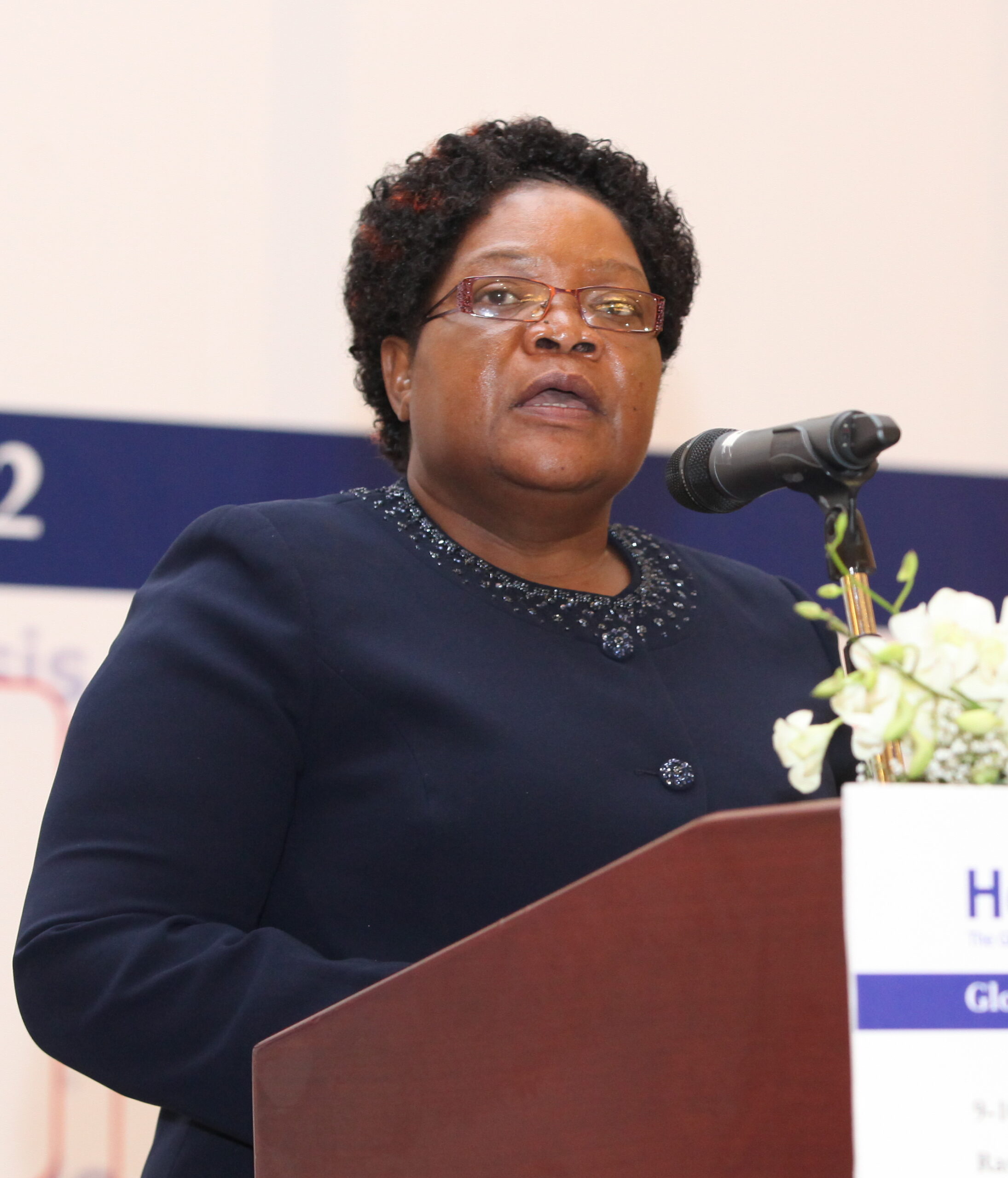Joice Runaida Mujuru, also known as Teurai Ropa Nhongo, is a Zimbabwean revolutionary and politician who served as Vice President of Zimbabwe from 2004 to 2014. Prior to that, she had served as a government minister. She was also vice president of ZANU–PF, one of the dominant political parties in the nation.
Mujuru was born on April 15, 1955, as a Shona in the northeastern district of Mount Darwin in Zimbabwe. At the time, Great Britain ruled Rhodesia as a colony. Mujuru attended a Salvation Army mission school, Howard High, in Chiweshe in Mashonaland Central Province. At the age of eighteen, Mujuru was the only female attending school in Lusaka, the capital of neighboring British-controlled Northern Rhodesia (later the independent nation of Zambia).
After attending secondary school for two years, she decided to join Rhodesian guerillas fighting the British. On February 17, 1974, she allegedly shot down a helicopter with a machine gun after refusing to flee when the helicopter attacked her and other guerillas. The helicopter shooting incident was later challenged by Liberation War Veterans’ chairman Christopher Mutsvangwa. Other ballistics experts have also questioned the possibility of shooting down a helicopter with such a light weapon, as described in her story. By 1975, she was the political trainer for two successful military bases. At 21, Mujuru was a camp commander at the Chimoio military and refugee camp in Mozambique.
As a result of her political activities, Mujuru was targeted by Rhodesian security forces who attempted to capture her but failed. On November 23, 1977, when Rhodesian soldiers attacked a guerilla camp in Chimoio, Mujuru evaded capture by hiding in a communal latrine. In 1978, when her camp was again attacked, Mujuru, then nine months pregnant, helped fight off the attack. She gave birth to her child just a few days later.
When Zimbabwe finally obtained independence in 1980, Mujuru, at 25, became the youngest minister in the cabinet, taking over the portfolio of sports, youth, and recreation. She sandwiched secondary education between her busy schedule. Eventually, in 2004, she was named Vice President of Zimbabwe.
As Minister of Telecommunications, Mujuru fought against monopoly ownership of the nation’s telecommunications network. She tried to prevent Strive Masiyiwa from establishing his independent mobile network, Econet, after he received an ultimatum from the cabinet to sell his imported equipment to his rivals. On March 24, 1997, Mujuru awarded Zimbabwe’s second mobile license to Telecel, a previously unknown Zairois consortium, thereby excluding Masiyiwa. The Zairois consortium included her husband, Solomon, and Zimbabwean President Robert Mugabe‘s nephew, Leo, which prompted many critics to accuse her of corruption.
Joice Mujuru was married to Solomon Mujuru until he died in 2011 and was long considered a possible successor to President Robert Mugabe. In 2014, however, she was indicted for an alleged conspiracy against Mugabe. As a result of the allegations against her, Mujuru lost her post as vice president and her position in the party leadership. A few months later, she was expelled from the party, after which she founded the new party Zimbabwe People First and took part in the 2018 elections.

